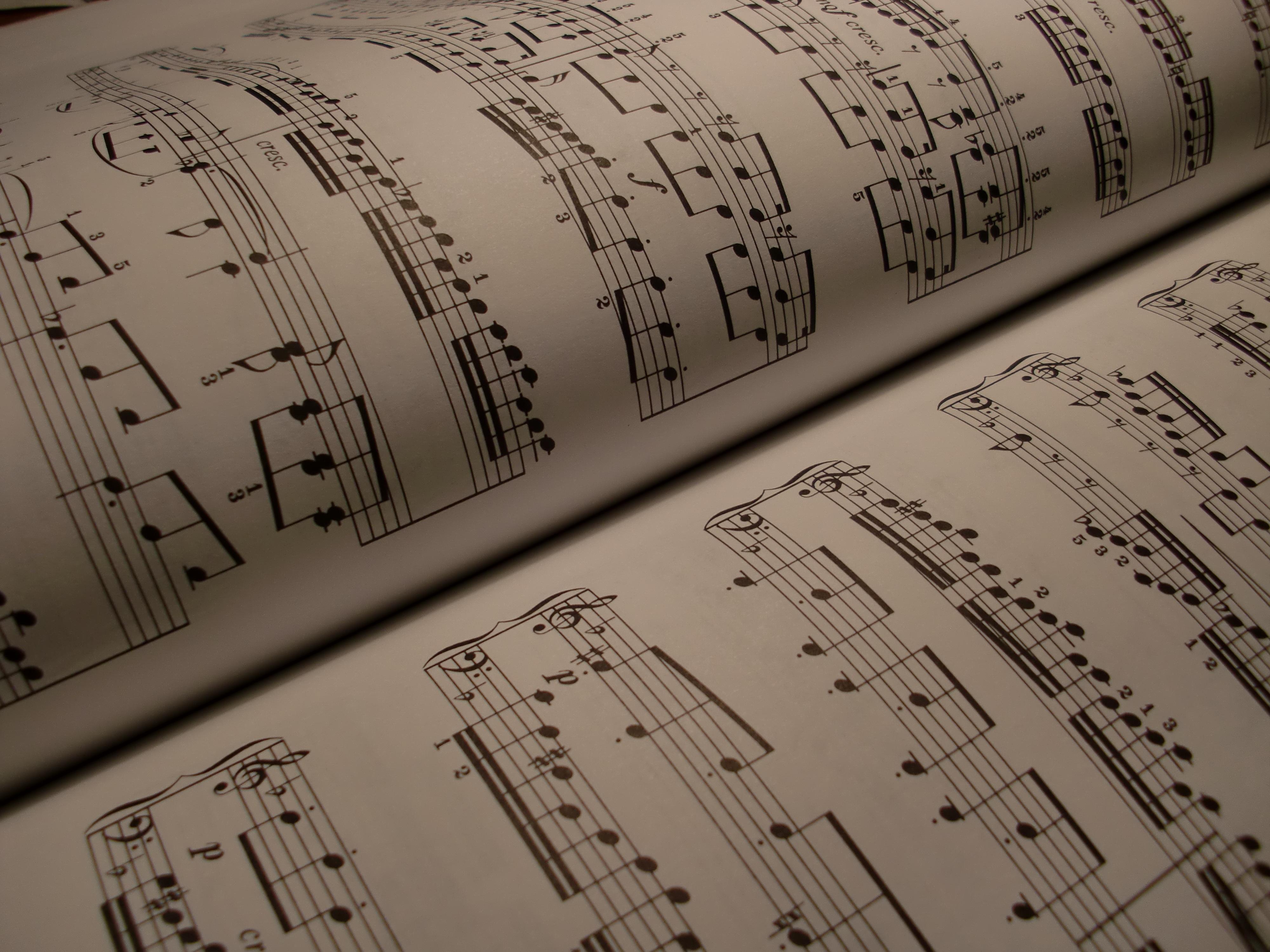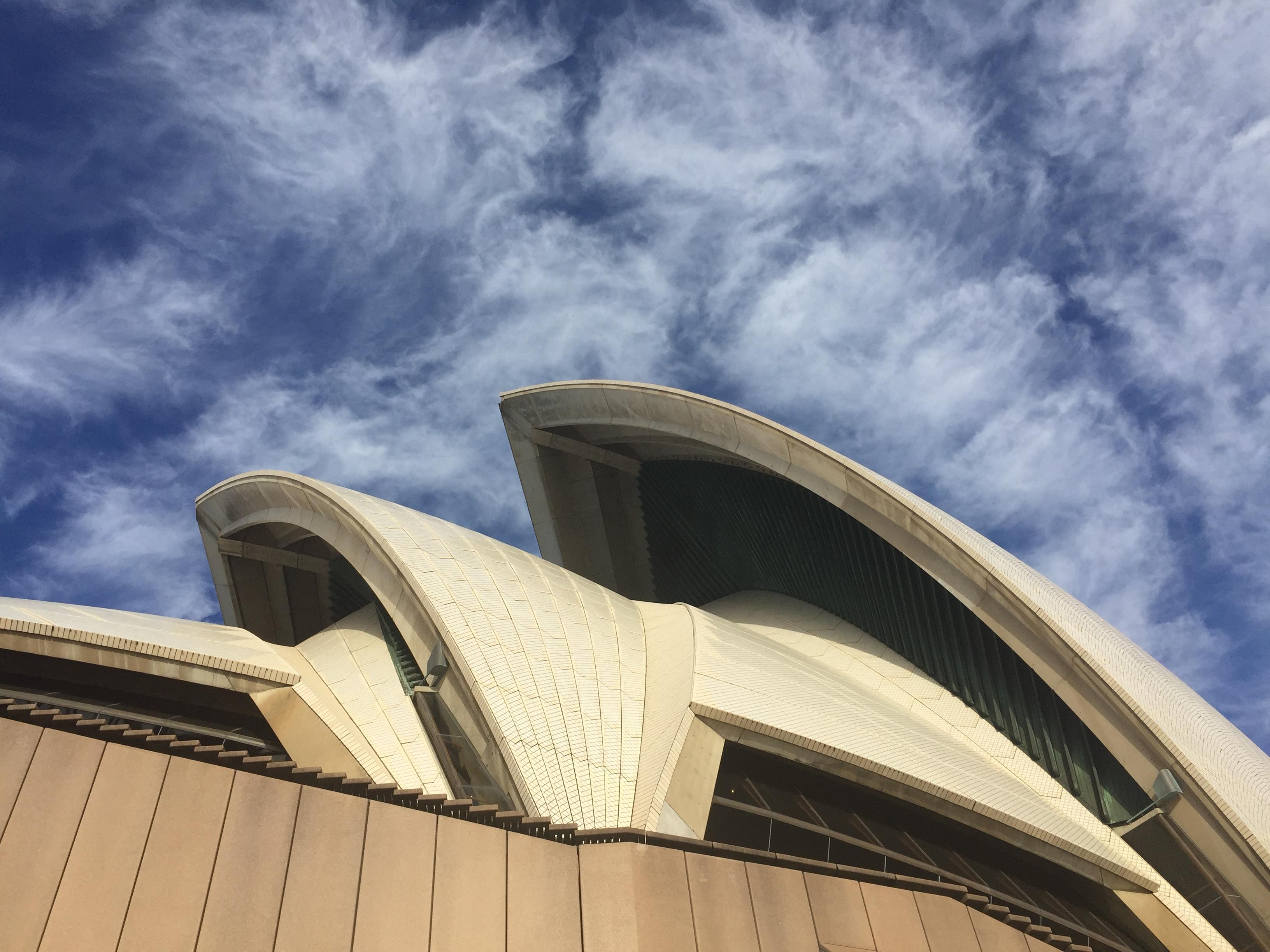The terms used by musicologists and music lovers can sometimes surprise and disorientate novices, especially when talking about voice types. Even the vocabulary in both Italian and French can make opera feel unwelcoming for younger fans of modern music. However, there are a few ways to work on your singing voice in order to make yourself a better singer.
Valour, power, volume, warmth, colour, clarity: there are so many terms to describe the different types of voices that choral singers and opera singers will be very familiar with them. Today, we’re going to have a look at tessitura and range, some of the most important aspects of the human voice.
With that in mind, let’s have a look at the answer to a question that most opera divas would probably ask: “Can I increase my vocal range and, if so, how?” These are very important questions that are not just for operatic singing but also for modern music.

What is Tessitura?
When talking about music and the sounds made by the human voice, instruments and singers can be classified in terms of the range of different frequencies they can produce. Naturally, the human voice is somewhat limited and you could say that most of its abilities are innate: surgery can’t turn an aspiring singer into Luciano Pavarotti with the click of their fingers, for example.
Tessitura basically refers to the range in terms of notes and octaves that a voice produces naturally without too much effort. Before you undertake any vocal training, you should study at least the basics of music theory as you would before you start playing a violin, oboe, french horn, accordion, bass clarinet, trumpet, guitar, trombone, or alto sax.
Being able to read sheet music would be really useful for deciphering any given piece. This is something that would really help if you were playing Kaufmann in The Tales the of Hoffman.

As you probably know, human voices tend to change over the course of a person’s life. There are certain key moments, too. During puberty, for example, the voice breaks during and your range will become deeper. Additionally, women’s voices also change during menopause.
At the height of a signer’s career (often between 25 and 45 years of age), they’ll need to work tirelessly on their voice in order to break into the world of opera as well as broadening their range in order to improve their chances of landing certain roles.
The Queen of the Night in The Magic Flute requires a total mastery of the upper ranges of the human voice and tenors get their chance to shine in Giuseppe Verdi’s Il Trovatore and Mozart’s The Marriage of Figaro.
singing lessons could help a lot at this stage. Before you perform any music, you have to make sure you warm up your voice: make sure your throat and mouth are ready for singing so that you can perfectly operate them in order to sing in key and have the kinds vocal qualities that move people. You should drink a lot of water and avoid dairy products so that your body is completely ready to sing. Exercises for Reaching those High Notes A knowledge of keys, a metronome, and singing lessons are all really useful to make sure that when you’re singing, you’re singing correctly and not picking up any bad habits before you put on your big show. The amplitude of your voice comes from your throat which needs to remain low. You can do this by making sure it remains relaxed. Never move your jaw forwards as this amounts to exertion. Make sure than when you sing, you remain relaxed, composed, and in key! You should also work on deep breathing and your posture in order to reach some of those high notes successfully. You should also consider vocal warm up exercises for the vowels you’re going to sing. There are a number of singing exercises that you can use daily and your private tutor will probably suggest their favourites. The vocal cords need to be able to tense and relax without too much difficulty. You should consider vocalising. First start with a low note and go up in semitones. You can use a piano to help you do this. It’s also important to ensure that your vocal cords are comfortable. The vibration of your vocal cords is at the heart of having a voice like your favourite singing stars. There’s a “lift” exercise you could consider which uses a rolled “r” to continuously go up a scale before going back down to the original note. This vocal exercise can help you improve your voice without having to resort to going to see a speech-language pathologist. In any case, make sure that you do have a vocal professional with you so that your vocal cords are in their best condition and you won’t lose too much time working towards your goals. Find Singing classes across the UK with Superprof. Whether you're looking for Singing lessons London, Singing lessons Manchester, Singing lessons Edinburgh or online singing lessons you'll find them with us!
Summarise with AI:















